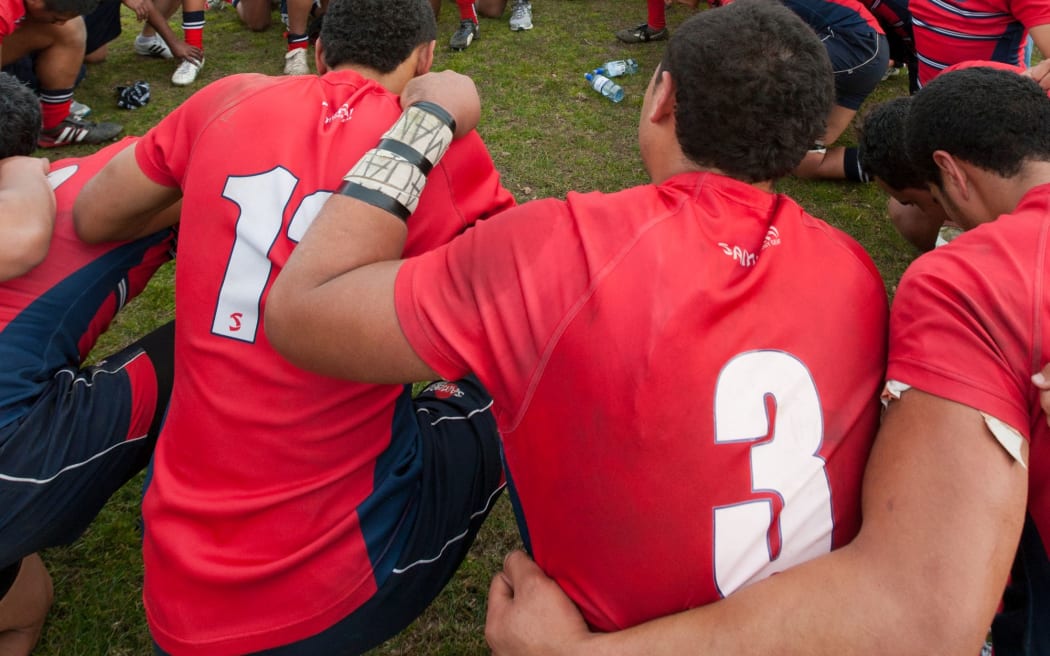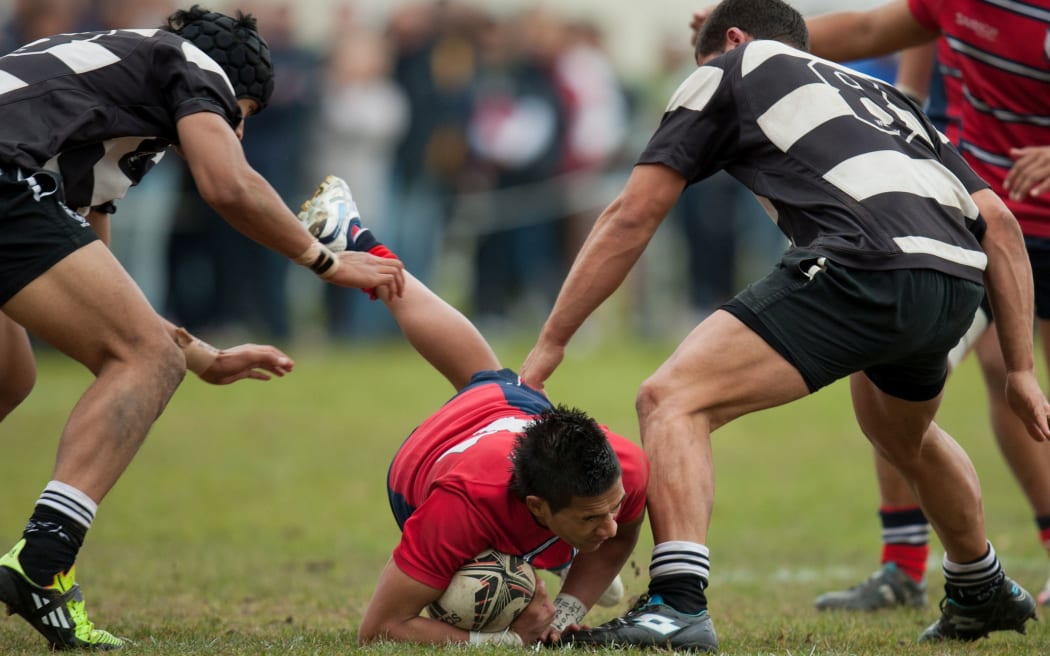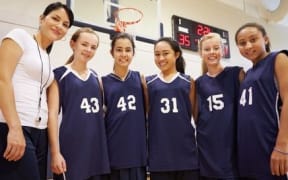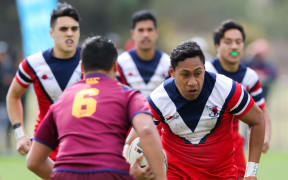Already fierce competition in secondary school sport has intensified with schools importing star players from overseas and scouting for talent at intermediate schools, principals' groups say.

Photo: Photosport
The Secondary Principals Association and the PPTA's Principals' Council say there is too much emphasis on sport at some schools and it could be harming children's welfare.
The Secondary Schools Sports Council is hoping to clean things up with a new integrity framework it is introducing next term.
Council executive director Garry Carnachan said schools were pushing the limits as sport became ever more important to them.
"The stakes in school sport are getting higher and higher and we are seeing some increasing practices that many principals are unhappy with, with bringing in non-domestic international students for very short periods just to play sport and also kids being sought out specifically for sporting purposes to transfer schools."
Mr Carnachan said the council had rules aimed at ensuring schools were fair, but it was hard to prove breaches.
"The rules are there for a number of reasons. One is to try and maintain a level playing field as much as possible, but still allowing movement for kids who do move," he said.
"In rugby for example, you're allowed six players who were new to your school in the last two years in the 22 [players in a team] and some schools unfortunately see that as a poaching target."
Mr Carnachan said the council's new integrity framework set out the values associated with school sport, and reminded people of their obligation to observe the council's code of conduct.
He said ultimately it was up to parents to decide through their school's boards of trustees how they wanted their school to behave and how much money and effort to put into sport.

Photo: Photosport
Secondary Principals Association president Sandy Pasley said the two-year rule had prompted some schools to recruit younger students from other schools' catchment areas.
By the time they were ready to play in the top team, they had been at the school for more than two years, and the school could recruit other out-of-zone players within the quota.
She said some schools were even sending scouts to intermediate school sports events.
"I've heard principals say they're concerned about students as young as Year 7 and 8 in the AIMS [Association of Intermediate and Middle Schools] games when you've got scouts on the look out for students for high school. So, those sorts of things really I don't think are in the best interests of students and they're certainly not in the best interests of sport in all schools."
The Association of Intermediate and Middle Schools confirmed to Radio New Zealand that scouts had been at its sevens rugby matches for several years and said they may be observing other codes.
President of the PPTA's Principals' Council Allan Vester said some schools were spending large sums on their sports programmes and paying coaches $30,000 to $50,000 a year.
He said he worried some teenagers spent too much time on sport.
"The boys in many of these schools, and girls, would be operating almost at the professional level. They've got nutritionists and they're running fitness coaches and they've got people working on their attitude. It's pretty much at a professional level so the students are really getting pressure cooked," he said.
"The concern is that it's not always for the best of the students, it's actually what's good for the school."
That fear was shared by a lecturer in sport and exercise psychology at the University of Otago, Ken Hodge.
He said the behaviour of some schools verged on being exploitative.
"A very small percentage of those young men and women will actually make it to the elite level or have a living out of sport, so the phrase I'd use is the ones that don't make it can end up being collateral damage. And if they've sacrificed their school and they've only focused on sport then they're left basically with nothing."
Professor Hodge said there was little evidence that early specialisation led to sporting success in later years and he had worked with teenagers who struggled with the training and pressure they were subjected to.



